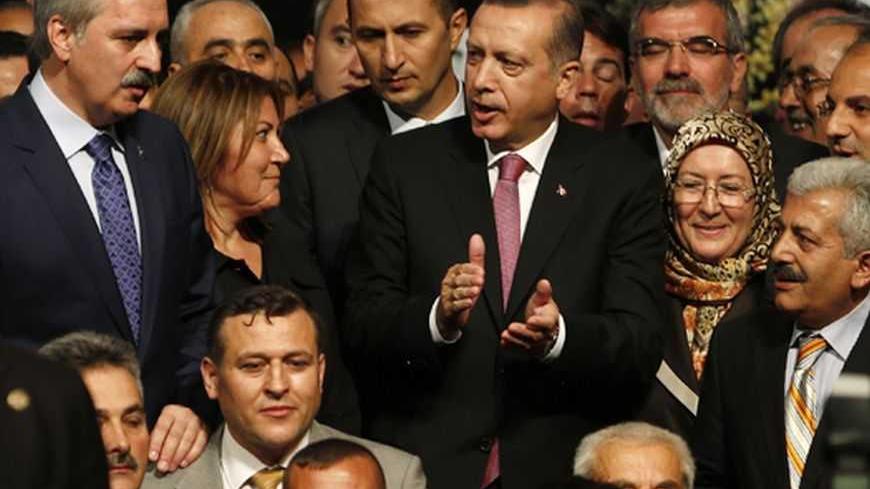One of the criticisms that the Turkish government gets these days, both at home and abroad, is that it follows a "sectarian" foreign policy. According to this claim, Ankara looks at the Middle East with exclusively "Sunni eyes," and thus blindly sides with fellow Sunnis in both Syria and Iraq.
Not only media commentators, but also political actors as prominent as Iraqi Prime Minister Nouri al-Maliki, himself a Shiite, have recently raised this criticism. According to Maliki, posters of Turkish Prime Minister Recep Tayyip Erdogan held by Sunni protestors in Iraq were enough evidence of Turkey's "sectarian extension" into his country. The dictator of Syria, Bashar al-Assad, has also condemned Turkey in the past year and a half for Ankara’s support for "terrorists," which he sees as a product of a Sunni axis of evil.



